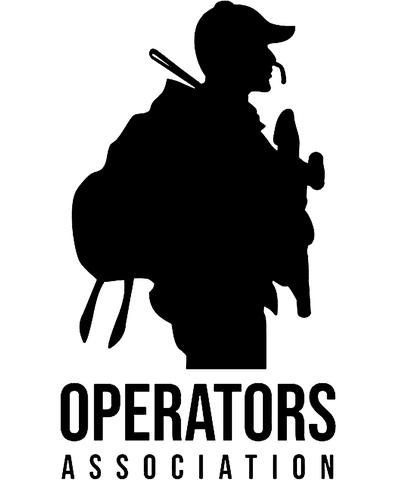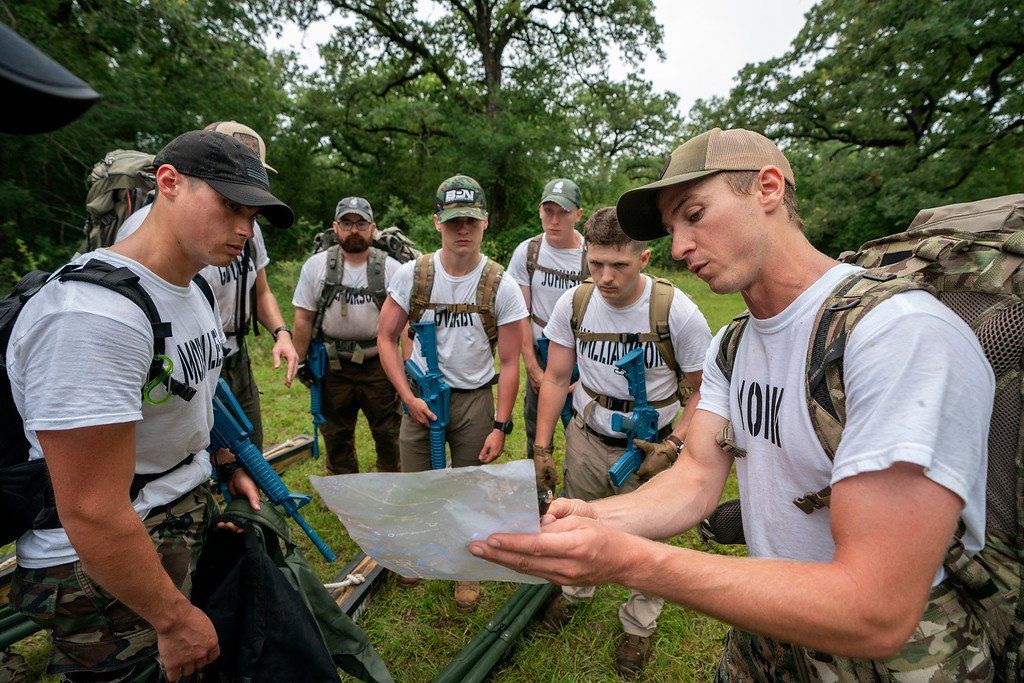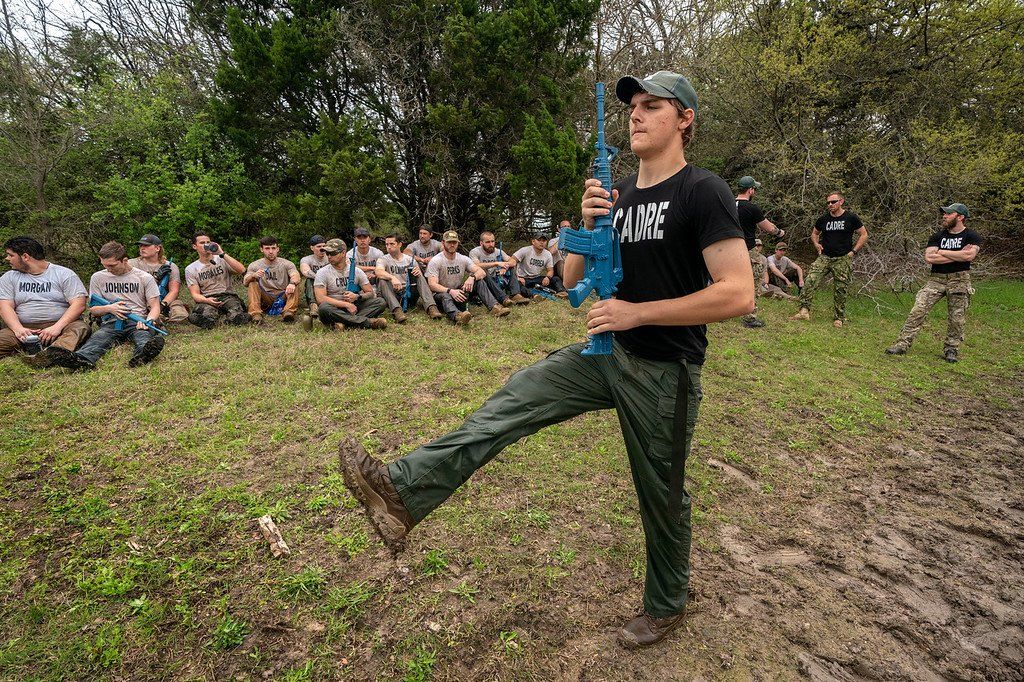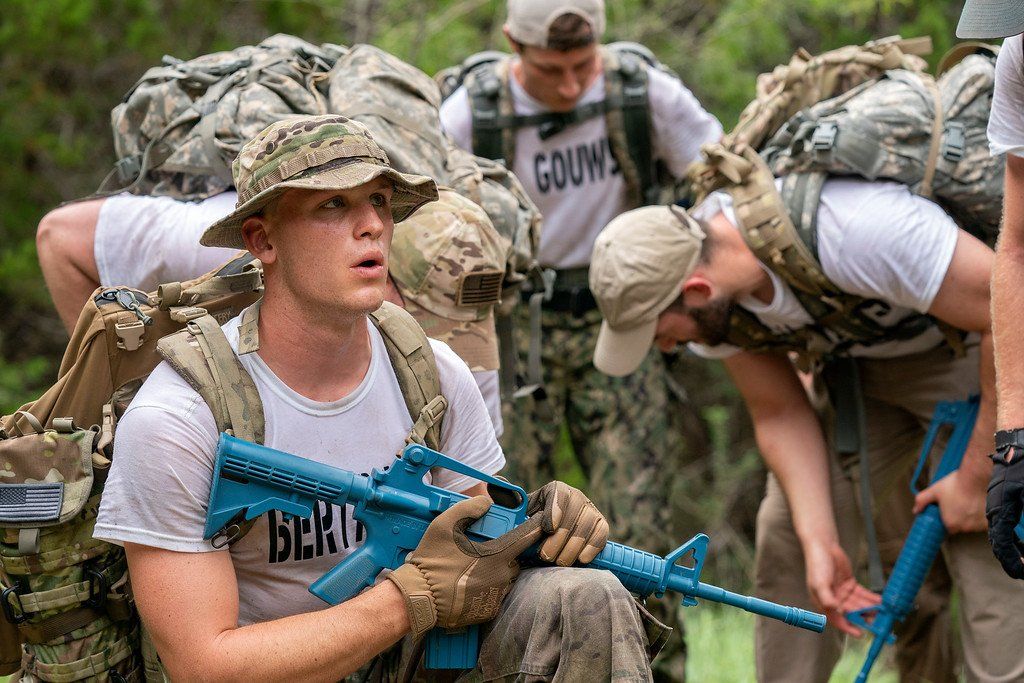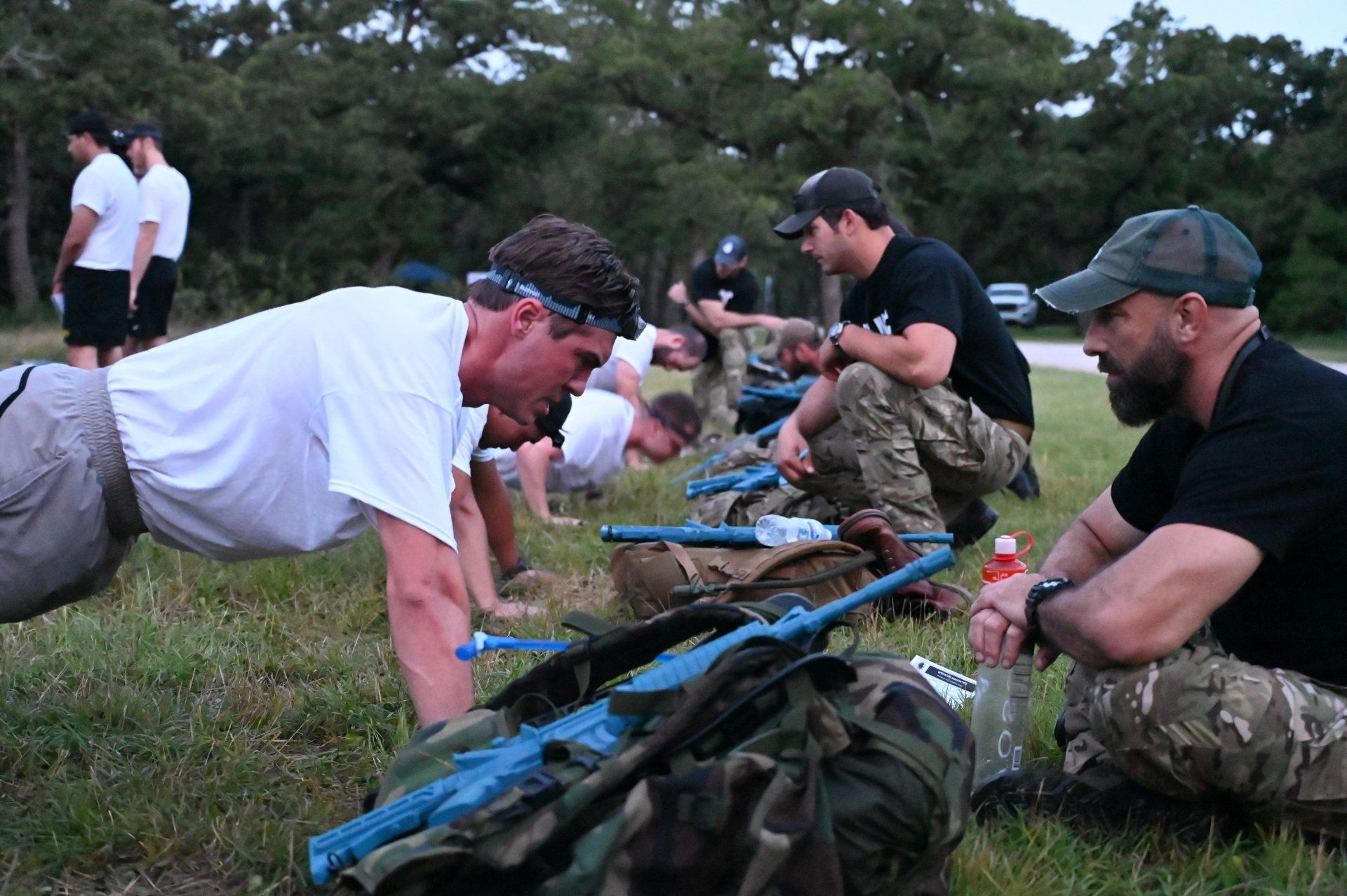How to Adapt in Hostile Environments
Sep 17, 2021
Special forces techniques for staying calm and operating in combat scenarios.
Sooner or later, whether you live in the military or civilian world, you will enter a hostile environment. This can be anything from a combat zone to a harmful work environment. When that happens, you must be prepared with the mental skills to overcome the situation and achieve your objectives.
Everyone has their unique way of dealing with hardships, but nobody does it better than SOF operators. These men deploy into some of the world’s most unstable, volatile, and dangerous environments. They do everything from hostage rescues to direct kill/capture missions against the globe’s most notorious bad guys. When it comes to adapting and succeeding in dangerous scenarios, operators have it down to a science. Luckily, the Operators Association community
is full of SOF members. So here are some of the best special forces tips and techniques for adapting to hostile environments.
Accept Discomfort
The first thing you must do when thrown into a hostile environment is to accept discomfort. Until you escape, survive, or conquer this scenario, you will likely be in pain. If you want any chance of success, you must understand and take ownership of the difficulty you face. Now is not the time to feel sorry for yourself or think about what you could have done differently. Your only job is to win.
Take a moment to breathe and look around. Do your best to become as calm as possible and observe your environment. Depending on what your mission is, create mini-objectives that require little planning but get you closer to your goal. This can include things like reaching strategic positions or treating wounded teammates. The sooner you accept your situation, the sooner you can take action and overcome it.
Aggression Eliminates Fear
Aggression and fear cannot coexist in your mind. If you are afraid of the challenge, obstacle, or enemy you face, aggression is the antidote to your problem. Although this may seem counterintuitive, your body and nervous system respond differently when you voluntarily and aggressively attack your obstacles rather than hide and wait for them to catch up to you.
There are countless historical examples where an outnumbered, underequipped force overcame a superior enemy by simply being more aggressive. The Viking invasions of England are an excellent example. The Vikings were often outnumbered and underequipped, as well as fighting in unfamiliar territory. They had inferior materials and technology, and their military was significantly less organized and professional than those of English kingdoms. They brought no horses, had little food, and often lost ships and supplies during their voyage. Any reasonable person would have put their bets on the English to quell the Viking invasion with ease. But that’s not what happened. The Vikings overcame all of their disadvantages for one reason: they had the initiative of aggression. They would land on the English coast and act with severe brutality toward anyone they encountered. Was their behavior ethical? No. Was it effective? Extremely.
Aggression eliminates fear and overcomes disadvantages.
Whether you’re in a combat scenario or just living your daily life as a civilian, taking the offensive approach and tackling your obstacles is always the better alternative. Dispense with the fear of failure and seize the initiative – your fear will disappear.
Leverage Advantages, Avoid Weaknesses
When executing a direct action mission, SOF operators are always outnumbered. They often insert behind enemy lines to carry out their objective, meaning that they are surrounded by hostile fighters on all sides. The solution? SOF operators leverage their advantages. Being a smaller force has its assets. A squad of operators can move faster, blend in better, and is less bogged down by equipment and logistics. They can outmaneuver a larger enemy and attack from unexpected angles.
When you face a hostile environment, take a moment to survey your advantages and disadvantages. In a combat scenario, this can include things like ammunition, food rations, supplies, number of teammates, etc. In the civilian world, advantages and disadvantages can encompass things like your financial wellbeing and your business network. Once you’ve determined your assets and liabilities, take actions that leverage your advantages while avoiding your weaknesses. If you’re taking the aggressive approach from the previous step, you should be able to take the initiative and influence the situation to benefit you.
Preparedness is the Key to Success
Being prepared to face challenges isn't about reading the enemy’s mind or seeing into the future. It’s about controlling all of the factors that you reasonably can. Both in combat and in the civilian world, there are things that you can't regulate. You can’t control the enemy’s movements or always predict their next attack. What you can
do is maximize the number of factors that work in your favor. These include things like being physically capable, having clean and maintained equipment, creating discipline
within your team, and planning missions carefully and with a strategic mindset. Victory isn’t about controlling everything. It’s about controlling the right things.
If you want to become a SOF operator, you must be prepared for the challenges you face at selection. Whether you go to SFAS, RASP, or BUD/S, the months you spend in training will contain some of the most physically and mentally demanding moments of your life. Preparation is the key to success. The more you learn about the SOF world before you join, the better you will be at facing challenges and overcoming obstacles. At Operators Associations, we’ve created a community of hundreds of current, future, and retired SOF operators who will lead you down the path to joining the teams. Start forging your future today. Visit our memberships page
to get started.
